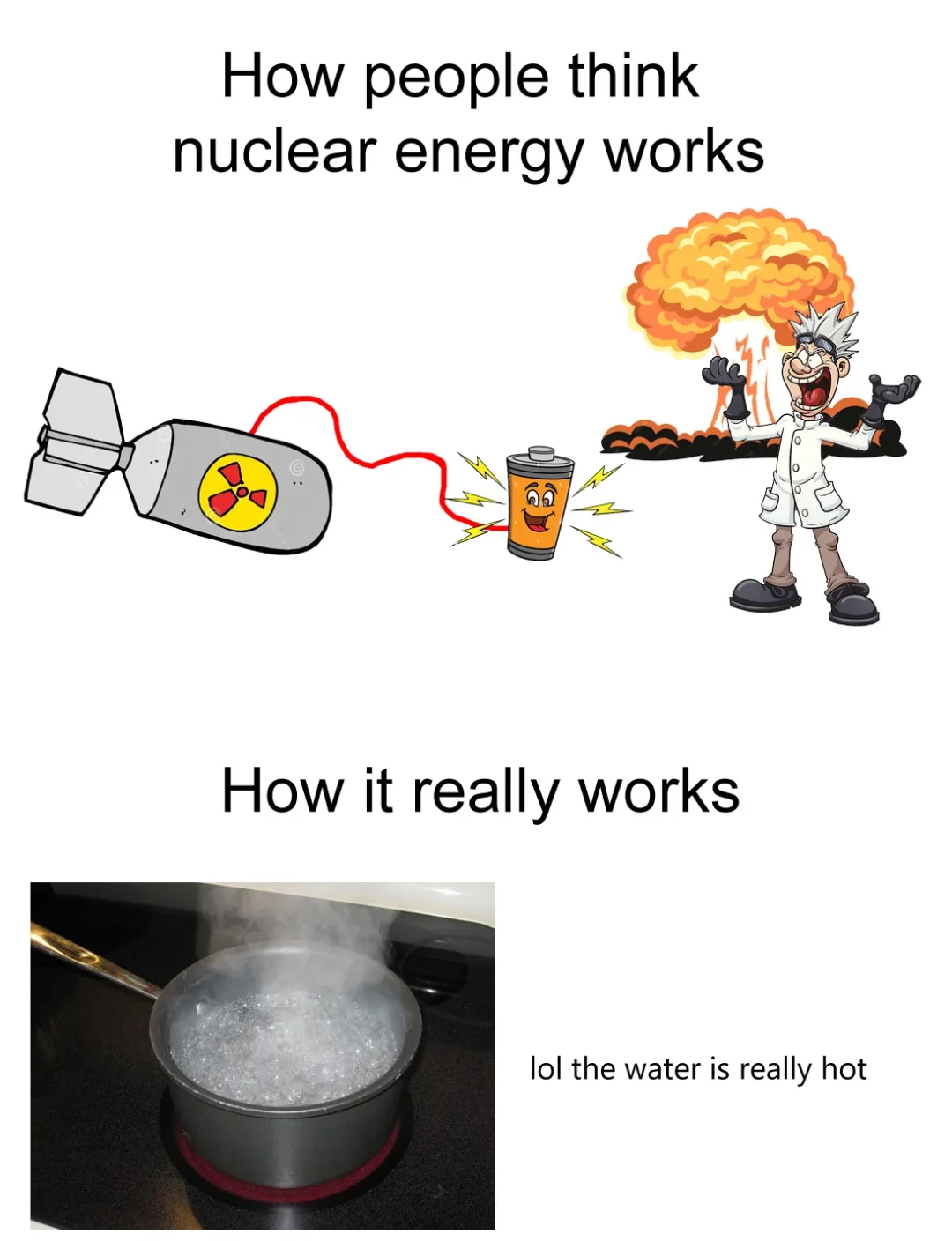this post was submitted on 15 Dec 2024
1036 points (96.8% liked)
Science Memes
11530 readers
1404 users here now
Welcome to c/science_memes @ Mander.xyz!
A place for majestic STEMLORD peacocking, as well as memes about the realities of working in a lab.

Rules
- Don't throw mud. Behave like an intellectual and remember the human.
- Keep it rooted (on topic).
- No spam.
- Infographics welcome, get schooled.
This is a science community. We use the Dawkins definition of meme.
Research Committee
Other Mander Communities
Science and Research
Biology and Life Sciences
- [email protected]
- [email protected]
- [email protected]
- [email protected]
- [email protected]
- [email protected]
- [email protected]
- [email protected]
- [email protected]
- [email protected]
- [email protected]
- [email protected]
- [email protected]
- [email protected]
- [email protected]
- [email protected]
- [email protected]
- [email protected]
- [email protected]
- [email protected]
- [email protected]
- [email protected]
- [email protected]
- [email protected]
- !reptiles and [email protected]
Physical Sciences
- [email protected]
- [email protected]
- [email protected]
- [email protected]
- [email protected]
- [email protected]
- [email protected]
- [email protected]
- [email protected]
Humanities and Social Sciences
Practical and Applied Sciences
- !exercise-and [email protected]
- [email protected]
- !self [email protected]
- [email protected]
- [email protected]
- [email protected]
Memes
Miscellaneous
founded 2 years ago
MODERATORS
you are viewing a single comment's thread
view the rest of the comments
view the rest of the comments

Also, solar trackers are a big deal for large farms when you start to scale above residential. Those trackers physically moving the panels to optimize generation are moving pieces.
I dont think this is true.
this is sort of true, it depends on the array, but from what i understand, unless you're doing an experimental array, it's most common to just use fixed axis mounted panels, it's much cheaper and more cost effective that way. Ideally you would use a tracking array, which is better, but more complicated, and requires significantly more maintenance and investment. Single axis tracking arrays might be a clever solution to this problem though.
Regardless, it's not relevant to the grid inertia problem at hand.